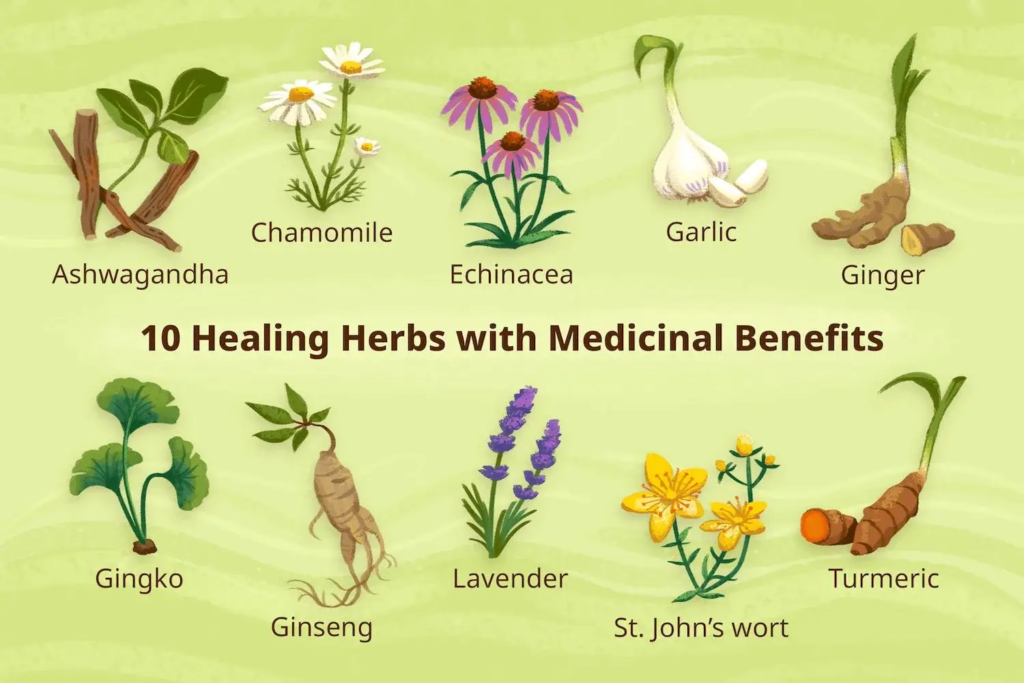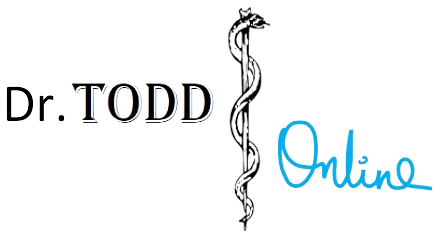Generally refers to a branch of medicine where the treatments are from plants or are plant-based. They are generally in their natural form or minimally processed. Herbal Medicine is traditional in many communities in many countries throughout the world and is therefore nothing new. It is the most commonly practiced form of medicine worldwide.
Large pharmaceutical companies which manufacture a wide array of drugs provide treatments for a variety of medical conditions. These medicines tend to contain additives which are useful for: increased shelf life; taste; solubility etc. There however have been problems with the large pharmaceutical companies such as high costs and multiple side effects. These problems, among others, have driven many people, at least partially back to traditional practices which include simpler remedies, such as Herbal Medicines.

Herbal medicine however also has its own issues that need to be looked at when considering treatment options. One of the main issues with Herbal Medicine is that it is not as well regulated as mainstream medicine. Dosages and methods of preparation are very often not standardized and therefore compromise the purity and potency of preparations. In addition, not many institutions have been established for the training of herbalists. Also, herbal medicine traditions vary widely, based on different cultural norms.
There is a common misconception that herbal medicines are harmless, because they are ‘Just Herbs’ but it is important to remember that all medicines are chemicals, regardless of their origin and they interact with the other chemicals within our bodies while performing their intended actions. Herbs can therefore have drug-drug interactions with other medicines(chemicals) that you may have taken. So when you visit the doctor and you are asked about the medicines you are taking, you must remember to mention the herbal medicines also.
